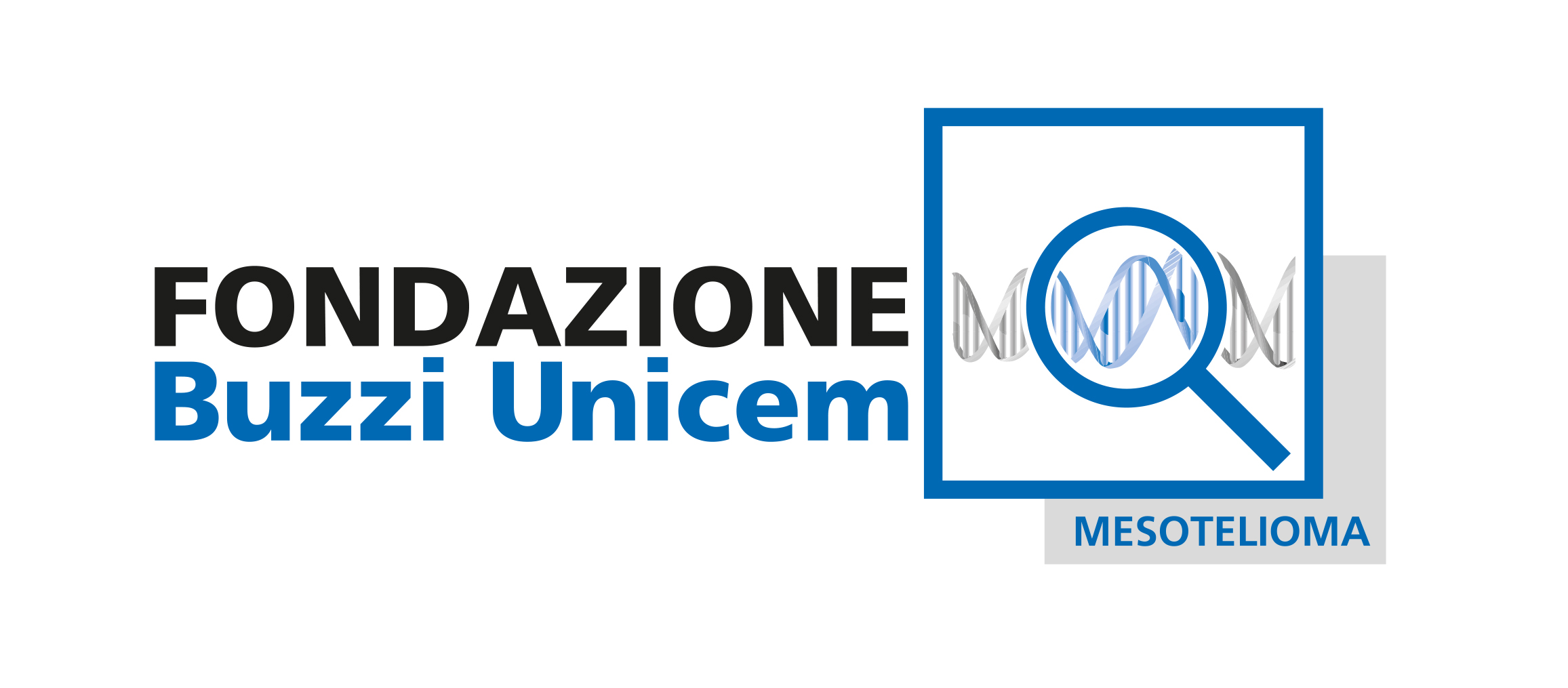Mutations within tyrosine kinase receptors (TKR) as resistance markers to targeted therapy for pleural mesothelioma.
SUMMARY OF THE RESEARCH PROJECT
FUNDED BY THE BUZZI UNICEM FOUNDATION
PROJECT LEADER:
Professor Stefano Landi
SITE:
Università di Pisa (University of Pisa)
PROJECT STATUS:
Completed
RESEARCH SUMMARY:
The purpose of this research is to evaluate drug resistance, taking a detailed look at the alterations of the tyrosine-kinase receptors which are often mutated in pleural mesothelioma. Specifically, this research is investigating the mechanisms underlying the lack of response to therapy with imatinib in malignant pleural mesothelioma, seeking to avoid resistance to this drug or to find new treatments that can also attack the more resistant forms of the neoplasm. The main goal is therefore to evaluate the frequency of the somatic mutations that occur in a precise part (kinase activation loop domain) of the PDGFR-β gene in malignant pleural mesothelioma patients. This may allow us to evaluate whether the administration of imatinib is effective or not in the majority of patients diagnosed with mesothelioma. Future objectives may include understanding whether the mechanism underlying the resistance to treatment with imatinib, particularly in patients with refractory or progressive mesothelioma and with a positive PDGFR-β test, is associated with mutations of the PDGFR-β receptor or not. In addtion, the funds provided by the Buzzi Foundation will allow this research team to research new therapies that will target the tumor cells; a future possibility could be using antisense oligonucleotides as drugs; blocking or reducing gene expression may in fact play an important role in maintaining the malignant phenotype of mesothelioma.
UPDATE (JANUARY 2011)
Currently, the future goals of this project include the continuation of screening for the PDGFR-β gene in mesothelioma patients; inducing resistance to treatment with imatinib+gemcitabine in cellular modules to study its underlying mechanisms; validating the main genes implicated in this pathology and known from the scientific literature as potential therapeutic targets.
